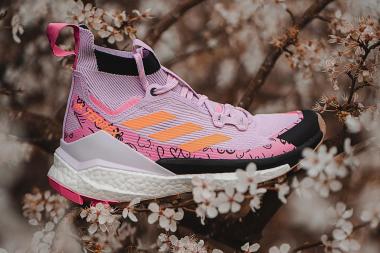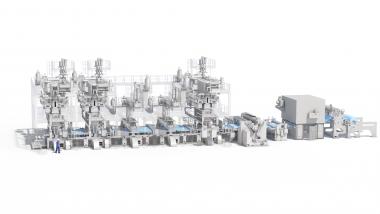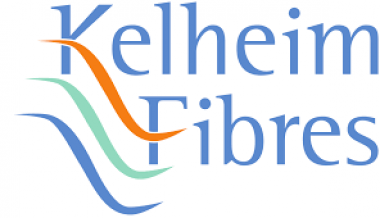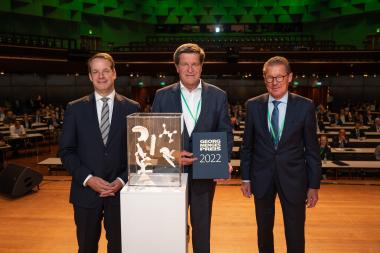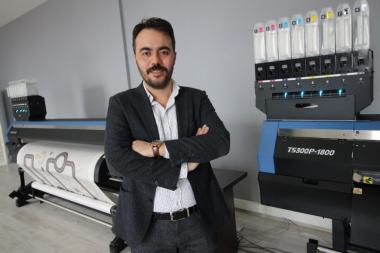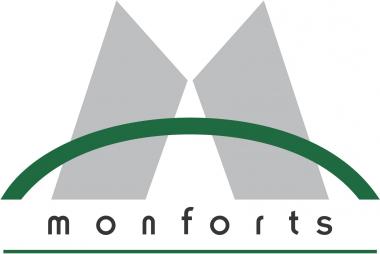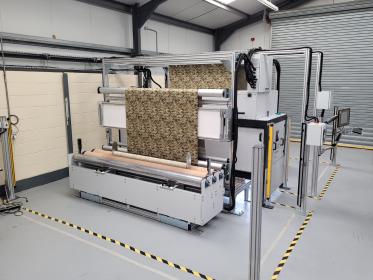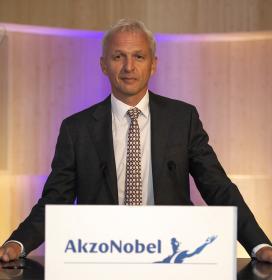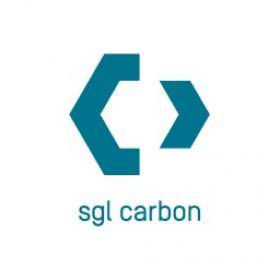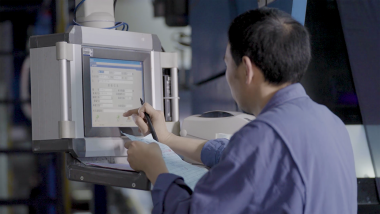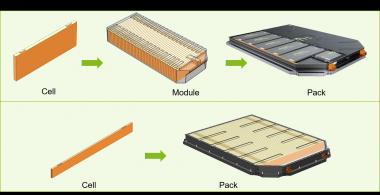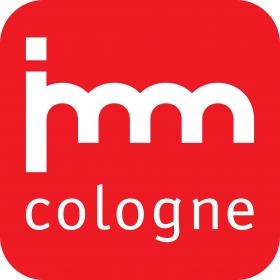Fraunhofer CCPE on the way to an international circular plastics economy
More than 350 million tons of plastic are produced worldwide every year, and vast amounts of plastic waste simply end up in the environment. The circular economy offers enormous potential for keeping plastics in the loop and thus conserving resources and the environment. Since 2018, six Fraunhofer institutes in the Fraunhofer CCPE cluster have been researching how to make the plastics value chain circular, and Prof. Manfred Renner has been the new head of the cluster since August 2022. Research results, implementation projects and strategies to accelerate the transformation to a circular plastics economy will be presented by Fraunhofer CCPE at the first international Fraunhofer CCPE Summit on February 8 and 9, 2023 in Munich.
In a circular plastics economy, resources can be saved, products can be intelligently designed for long service life, and end-of-life losses can be reduced. Systemic, technical and social innovations are needed to make the transition from a linear to a circular economy a success. This is what the Fraunhofer Cluster of Excellence Circular Plastics Economy CCPE is researching in the three divisions “Materials”, “Systems” and “Business”. The cooperation of the six Fraunhofer institutes IAP, ICT, IML, IVV, LBF and UMSICHT enables a multi-stakeholder approach in which the appropriate R&D competencies are bundled.
Fraunhofer CCPE would like to present and discuss successful projects and research approaches on an international scale at the Fraunhofer CCPE Summit on February 8 and 9, 2023 in Munich. The summit is to become an international forum for exchanging ideas for solutions and innovations for a circular plastics economy.
Cross-industry collaboration - local, regional and international
Since August 2022, Prof. Manfred Renner, Institute Director of Fraunhofer UMSICHT, is the new head of Fraunhofer CCPE. He succeeds Prof. Eckhard Weidner, who has retired. “Cross-industry cooperation - very local, but also regional and international - is the elementary prerequisite for a functioning circular plastics economy. At the summit, players from all points of the compass will meet and network in order to rethink the plastics value chain together," explains Prof. Manfred Renner, adding, “We want to provide answers to the following questions: How can we make all Circular Economy principles, i.e. the ten R-strategies, known? How can industry, science and society best cooperate in a transformation to a circular plastics economy for the greatest possible impact?”
Results of the Fraunhofer CCPE cluster so far are innovative approaches for circular business models, intelligent collection, sorting, and recycling technologies, but also new formulations for circular polymers and compounds to enable multiple recycling cycles. With the newly developed assessment tool CRL® , companies can, for example, self-assess the maturity of products or product systems with regard to the circular economy. The tool checks the extent to which a product already takes into account circular economy principles in the areas of product design, product service system, end-of-life management and circular economy, and where there is still potential for improvement.
Fraunhofer UMSICHT






